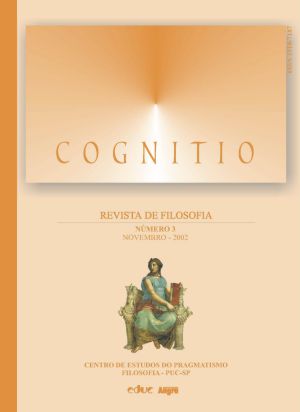The Role of Revision in Dewey’s Inquiry and Ethics
Keywords:
pragmatism, Dewey, inquiry, revision, ethics, democracy, transactionAbstract
According to Dewey inquiry proceeds from uncertainty to integration and control. Even if Dewey pays attention to the incompleteness of nature, to the modification and revision of primary generalizations by more elaborated conceptions, to the necessity of introducing changes in the world in order to carry an experimental inquiry, to the possibility of re-determine the interdependent constituents in a “transaction”, he seems not to be aware of the instability that this process of revision implies: we do not know in advance whether a newly undertaken revision is a progress or a waste of time. If we accept this consequence of pragmatism, how can we be confident in the truth of our beliefs, if we know in advance that most of them are to be revised, and that even if our belief is by chance a really true one, it could be reasonable some day to pay attention to some counter-argument that would induce us to revise it. How can be maintained the practical force of an obligation, if all norms are to be revised someday, and if we never know whether our favorite norms are really not been revised? The stability that pragmatism seems to aim at could be obtained by studying the relation between two opposite revisions, where some properties of symmetry and fairness can be required and defined, in a “transactional” fashion that is reminiscent of Dewey. When these properties are not satisfied, it will be true forever that we are and will be entitled to require a revision of the situation. But then, the core of pragmatism is the revolt against what is unfair, a negative content. On the contrary, Dewey has always insisted upon the positive effect of negative situations, seeing failure as learning and negation as positive determination.Metrics
Metrics Loading ...
Downloads
Published
2013-01-09
How to Cite
Livet, P. (2013). The Role of Revision in Dewey’s Inquiry and Ethics. Cognitio: Revista De Filosofia, (3), 53–63. Retrieved from https://revistas.pucsp.br/index.php/cognitiofilosofia/article/view/13251
Issue
Section
Cognitio Papers









